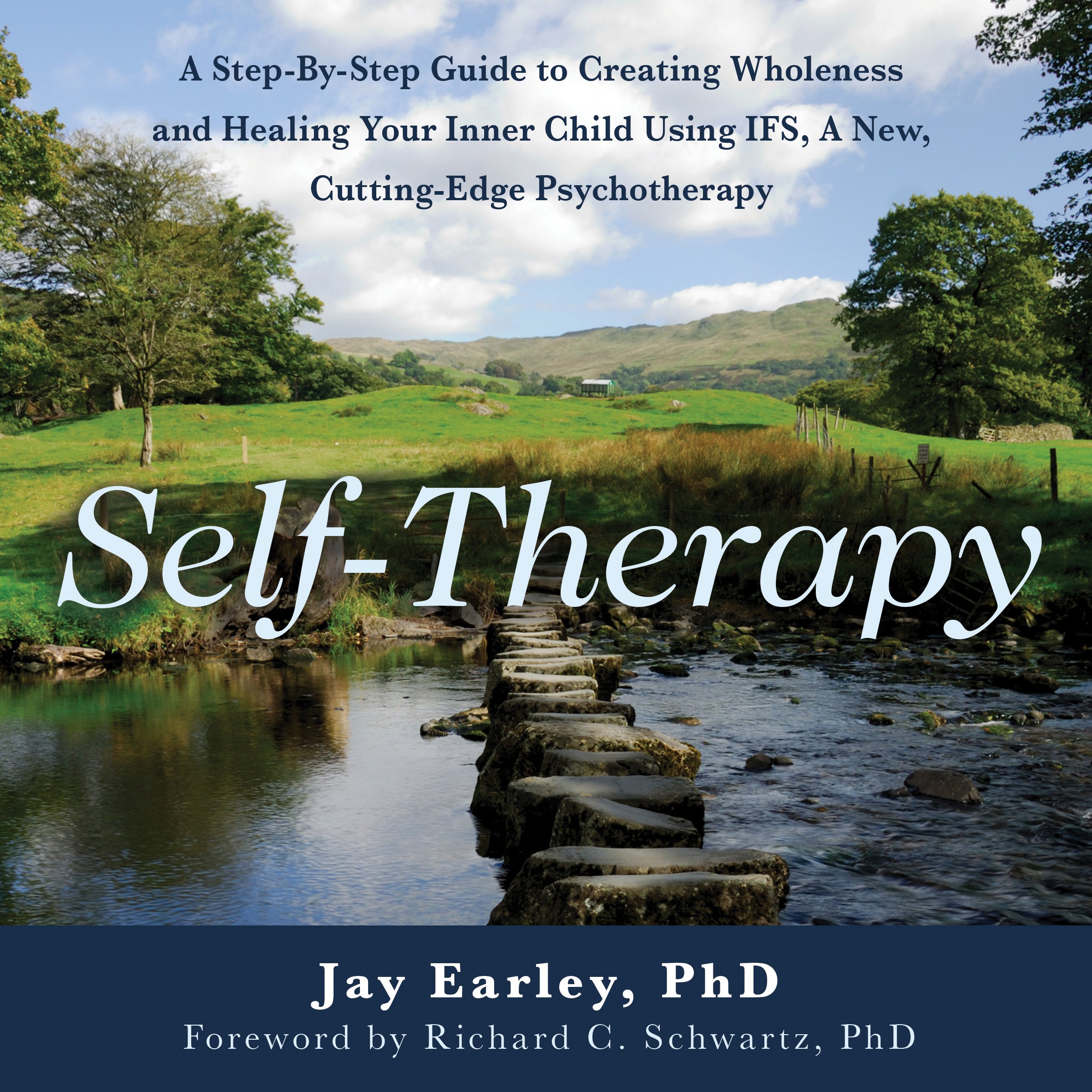Customer Services


Full description not available
G**Y
Using the Creative Immagination to Heal
I was recommended this book as an introduction to a therapeutic technique known as IFS (Internal Family Systems) devised by the therapist Richard Schwartz. This draws and develops on ideas from the likes of Jungian Psychology, Gestalt, Psychosynthesis and John Rowan taking them in a new direction. Readers aware of the concepts of sub-personalities and visualisation will be on home ground.Yet for all that, many therapists will find what is on show in this book will be useful in dealing with resistances to healing. If this is strange to some, it is something that often happens in therapy. It is, as Jungian analyst Donald Kalsched amongst others, a part of the psyche often protecting another part from further suffering. In IFS these parts are named protectors and exiles, and they manifest as personalities. For my money this is the best book I have come across about resistances and how to deal with them.One of the thing that gives this credence is the way the author Jay Earley approaches his matter. There are thorough descriptions of the ideas with drawings, diagrams and pictures. It also does not pretend everything displayed is easy. Indeed there are sections on how to deal with some difficulties The book itself is structured as a self-help manual with pointers to work books that the interested reader can download to follow and structure the exercises contained in the book, together in with the reminder that it may be necessary to work these with a trained therapist.Taken as a whole it is hard to think that a book like this could be better prepared. As a therapist, I have used some of these exercises both on myself and other clients. This is both a fascinating and useful book for therapists and general readers alike. I will be exploring further other books by this author and of course the aforementioned Richard Schwartz.
A**R
Very useful but difficult to follow
Whilst I truly appreciate the author’s wish to provide us with home use IFS therapy guide-I find this book to be unduly difficult to follow with extended unnecessary repetitive unrealistic case studies. I doubt whether any patient would come to react as depicted, so clearly a learning tool that seems false and lacking. The book is useful, but to gain an overview, and it could do with editing, as the writing style is difficult to follow, and pictures repetitive. I am really grateful for the author’s attempt to teach us a useful self therapy method, but returning to choose another book covering the same topic as struggling to move on with this one
K**H
Goes deep
I ordered this book as an intro to IFS after reading The Body Keeps The Score.Self-Therapy is a fantastic, easy-to-read and digest introduction to IFS and I'd recommend it to anyone interested in the therapy. My only criticism is that it gets you to start working with protectors very early - too early for me - and that the explanation of Self is too brief. Other than those two points, this book is brilliant. I find IFS to be the most compassionate, loving and accepting therapy I have ever encountered - it feels like coming home.
R**.
Amazing book that helps you to find your true self
Is a great book for guiding you step by step to finding the real and TRUE SELF.I highly recommend it to anyone how wants to find and be themselves compered to other self help books systems they are out there till now because I tried some of them and they only teaching people how to control our inner world which is only for sort terms and IFS teaches us how to make peace and Harmony with our inner self and have long lasting happiness and joy:-) with ourselves, everyone and everything around us.Thank you.
K**R
An excellent restatement of subpersonality work
A very good and detailed book on working with subpersonalities – the concept that the psyche is made up of a bunch of subpersonalities rather than a single one. Good detailed chapters on how to work on your own or with a therapist – one or two useful new insights – I think I would rather the author had acknowledged Hal and Sidra Stone for the very comprehensive and pioneering work they did in this field. There's a whole world of voice dialogue out there including books, workshops and networks that were in place well before the name ISP was coined. The author could have been more generous in this respect.
N**N
Fantastic book
This book is powerful and easy to follow. It provides a step by step process in IFS and demonstrates the theory with practical case examples and clear instructions on self-therapy.
S**Y
really works
This is a fantastic book. Simple to understand with loads of examples to guide you. However I feel a personal psychotherapist advisable while working through the book to ensure the mind remains safe throughout the process. It does open up some stuff you might not have noticed before. I also feel, to benefit fully, you would need to do regular mindfulness, for body awareness. I have found it to be life changing.
I**T
Jumps in too fast
It's a good book, but perhaps over-simplifies IFS therapy. My main criticism though is that the book has you doing exercises before it has told you the whole IFS model; which for some people like me can potentially be harmful. I would recommend getting the IFS book by the founder of the IFS model, Dr Richard Schwartz first where the IFS model is explained much more clearly and only then reading this book and doing the exercises when you actually know what you are working with.
Trustpilot
2 months ago
2 days ago